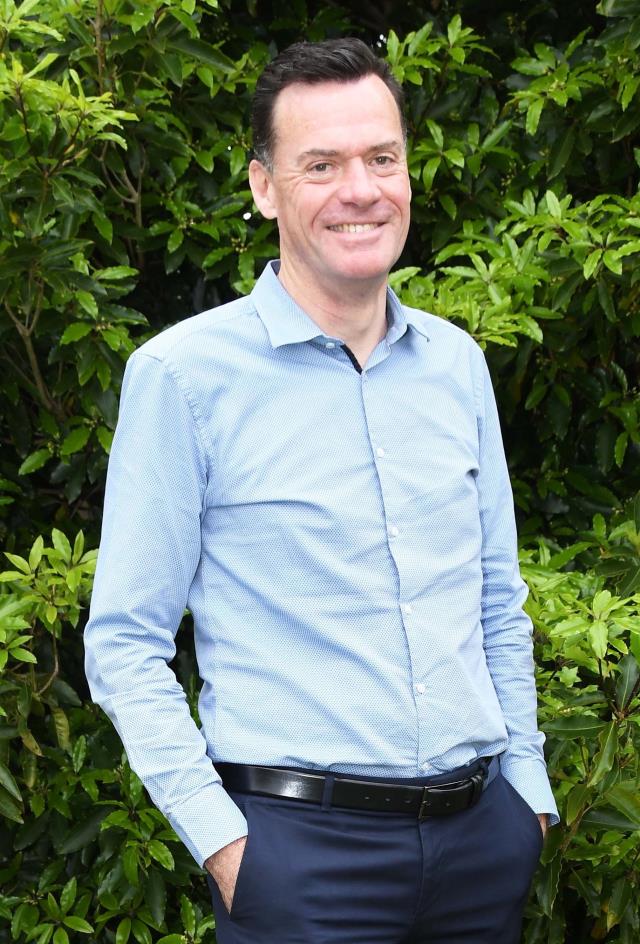In the final days of the federal election campaign, Peter Dutton’s decision to lash out at the media was not just desperate, it was dangerous. Labelling the ABC and Guardian Australia as “hate media” and accusing journalists of being “activists” rather than reporters echoed the tired, toxic playbook of Donald Trump: when you’re behind, don’t reflect, just shout “fake news”.
Australians saw through that. No amount of spin, deflection or blame shifting could hide the truth. Voters rejected the Coalition’s message. Shooting the messenger doesn’t change the message.
Media scrutiny is not the enemy of democracy; it’s the oxygen that keeps it alive. A free press questions power, challenges spin and asks uncomfortable questions. That’s not bias, that’s journalism.
Sure, when journalists get something wrong, call it out. Point to it. Demand a correction. Any credible newsroom will make one. But blanket accusations, unsubstantiated claims and outright falsehoods aimed at delegitimising the media are not just cheap politics, they actively erode trust in institutions that underpin democracy.
We see this tactic far too often, not just at a federal level but in local councils, including one our newsroom currently covers. Rather than engaging with the facts or addressing legitimate public concerns, some in power choose the easy path: Attack the media. But in doing so, they expose themselves, not the journalists.
That’s why strong local media matters now more than ever. Local newspapers and newsrooms remain one of the last truly independent and accountable sources of community information. They report on councils, expose local corruption, celebrate community success and give a voice to residents. Yet their very survival is under threat.
Digital platforms and social media have stripped local media of its commercial foundations, and worse, they have helped legitimise the kind of rhetoric Dutton and Trump rely on. By feeding audiences personalised echo chambers and monetising outrage, they have weakened the public’s trust in credible journalism, while doing little to support its production.
Those who benefit from journalism must also help sustain it, and that includes the massive digital tech companies who have profited enormously from republishing, aggregating and monetising news content without paying fair value.
Now, artificial intelligence platforms are doing the same, scraping content, harvesting the work of journalists and training their models on material they never paid for. It’s the same pattern we’ve seen for years with social media – extract the value, deny responsibility, and undermine the industry you depend on.
This cannot continue. Everyone who profits from journalism must help fund it. That includes readers, advertisers, governments – and yes, the tech giants and AI developers whose empires have been built in part on the work of others.
On Saturday, Australians made it clear they won’t be fooled by leaders who blame everyone but themselves. Let’s hope they also recognise the essential role of a strong, independent media and are willing to fight for its future.
Paul Thomas,
Managing Director Star News Group









